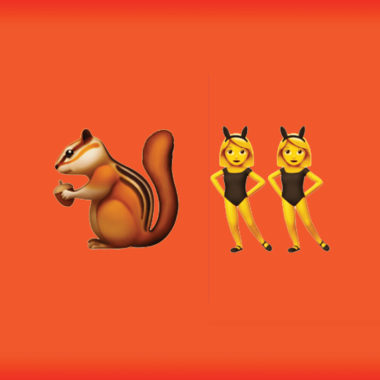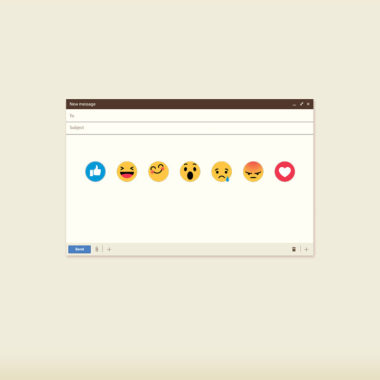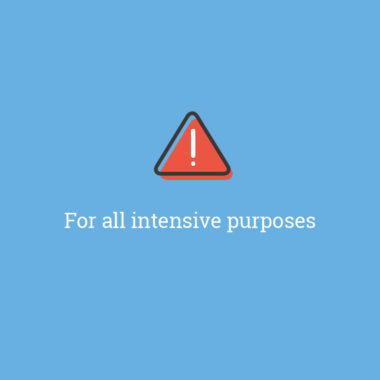Tag Archives: interest-etiquette
-
What’s Wrong With The Word “Addict”?
The word addict has been around in English since at least the 1500s, adapted from the Latin addictus, meaning “assigned, surrendered.” But the way we talk about people with addiction is changing, and here at Dictionary.com, we’re changing along with it. In a major update to Dictionary.com, our lexicographers have replaced all instances of addict used as a noun with “a person addicted to” or …











